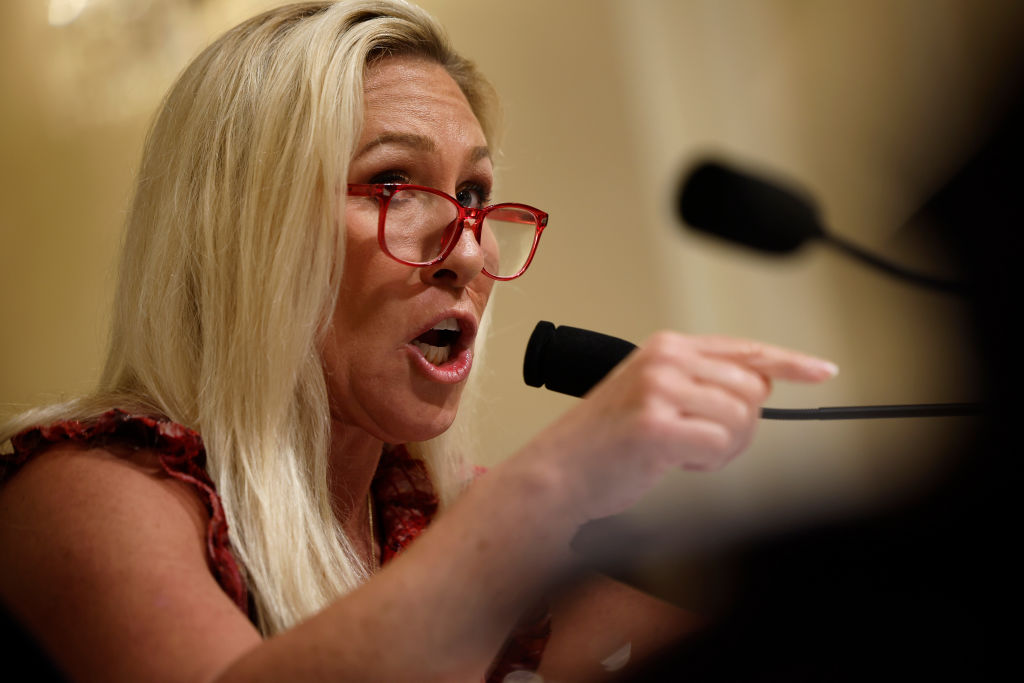Nigeria’s president called Thursday for help finding a way to fingerprint crude oil stocks in order to combat the theft and lucrative overseas sale of unrefined petroleum, aiming at stopping the flow of “blood oil” from Africa’s biggest producers.
Umaru Yar’Adua said in a statement released by the presidency that he envisions a scheme similar to the tracking system used to cut back on the export of so-called “blood diamonds” that has long fueled African wars.
Nigerian militants, criminals and corrupt government officials are finding a lucrative trade in crude oil illegally siphoned from Nigeria’s petroleum infrastructure and battles over the vast proceeds are helping keep the southern oil region in chaos.
Yar’Adua, through his vice president, asked a group of extractive-industry experts gathering in the Nigerian capital, Abuja, to look into whether chemical markings could be added to crude oil so that it could be tested in overseas markets to ensure it was tapped legally.
He called on the delegates to “seriously interrogate this issue and explore the possibility of chemically marking oil stolen from conflict areas and laundered in the international market,” saying: “The Nigerian experience shows that there is a sense in which we can talk of blood oil.”
Yar’Adua said oil, which began flowing from Nigeria five decades ago, hadn’t helped the country develop. An estimated 400 billion dollars is missing from government coffers just since the 1970s, and Nigeria is now known as one of the world’s most-corrupt nations.
“Fifty years after we started exporting oil in commercial quantity, we are yet to diversify our economy satisfactorily, provide requisite physical infrastructure, and develop our human capital adequately,” said Yar’Adua. “Rather, oil seemed to fuel corruption and bad governance.”
The Kimberley Process, for diamonds, has drastically cut the illegal export of gems from African war zones, where the profits were used to buy weapons, experts say. Gems are certified when they’re dug from the ground and tracked step by step to consumers, making it far more difficult for uncertified stones to enter the global gem industry.
The theft of oil is no less lucrative, with thieves hooking tanker ships up to the oil infrastructure traversing a network of rivers in Nigeria’s oil delta. The crude is then shipped to overseas refineries and sold. While the exact amount of crude oil stolen daily in Nigeria is unknown, oil industry officials here estimate as much as 10 percent of the nation’s daily production is siphoned off illegally before it is logged by oil companies.
At current rates, that means about $20 million or more in illegal crude leaves Nigeria each day. Squabbles over the funds are adding to violence and insecurity across the southern production regions of Africa’s biggest producer.
















